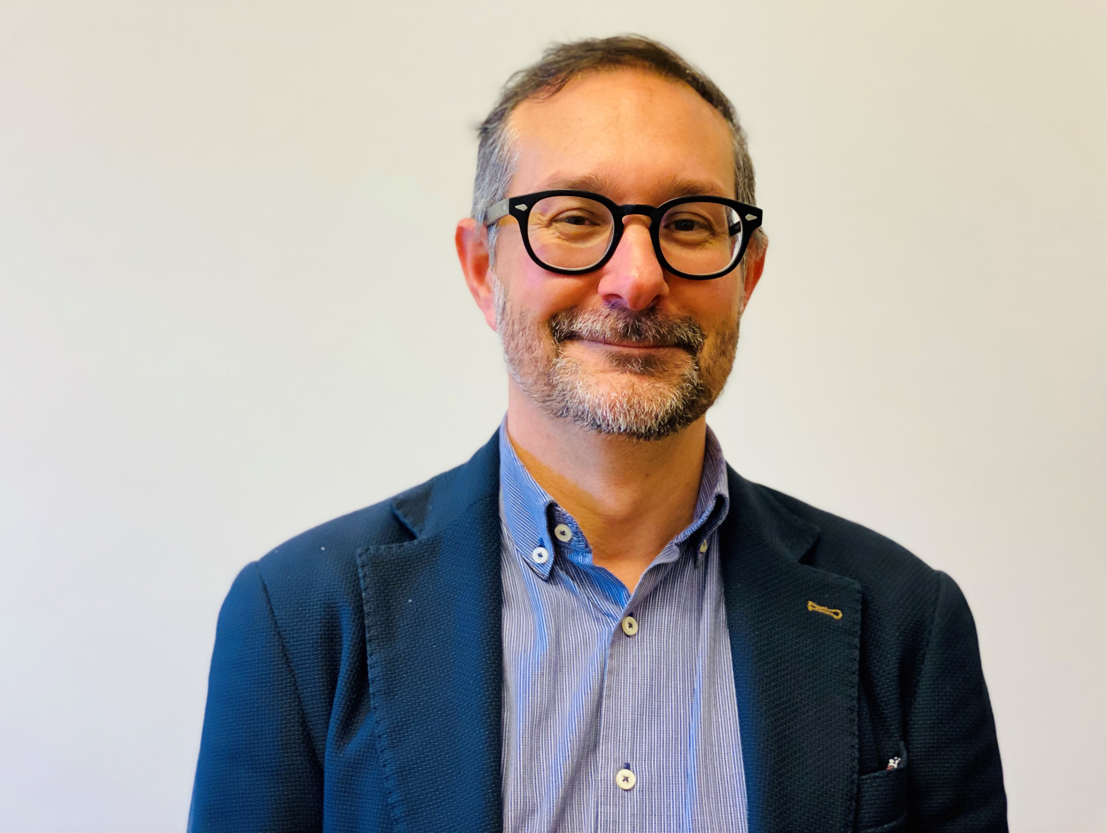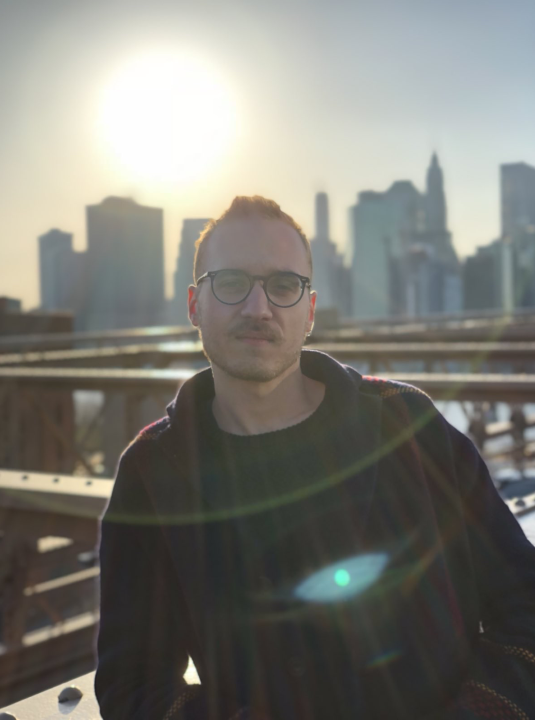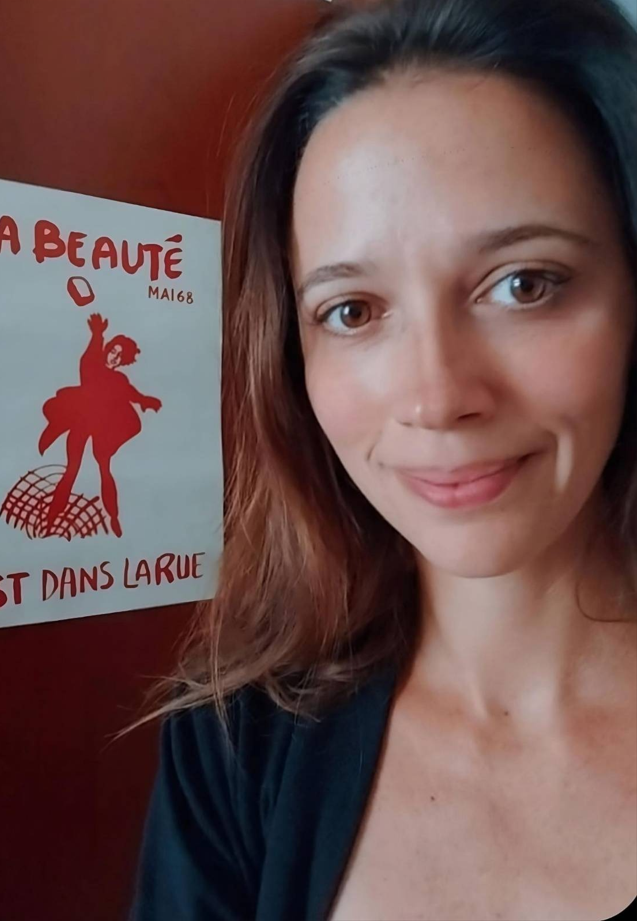Collection
Science and the arts: possible intersections and new trajectories
- Submission status
- Closed
Art and science have long been considered two separate realms, incapable of communication and split from any shared epistemological or philosophical basis. Yet contemporary aesthetics, as distinct from the earlier periods, is characterized by a broadening of its disciplinary boundaries, which means that the artistic object, the very concept of art, the concept of the beautiful and the aesthetic, can no longer siphon itself from the results of the sciences. The understanding of the phenomenon of perception, for example, is enormously enriched by an engagement with neuroscience, where brain activity is studied to describe the subject's relationship with the outside world; conversely, Gestalt Psychology considers artistic experience as a site capable of offering scientific material to delimit the objective field of vision. Also notable are the contributions of biology and evolutionary theory in highlighting the relationships between art and language. The link between art and science, then, methodologically and epistemologically, deserves to be explored by both fields: it is important for scholars of aesthetics to seek comparison with the latest developments in the sciences, and for scientists, in turn, to deepen their research by considering the problems arising from Beauty, form-making, and an experience of modeling reality as artistic practice. This issue aims to call scholars from a wide variety of backgrounds to reflect on the current relationship between art and certain scientific fields. Specifically, the issue includes five themes:
1) Art and neuroscience
2) Art and biology
3) Art and mathematics
4) Art and psychology/psychoanalysis
5) Art and language sciences
Peer-review Process:
All submitted papers will be double blind peer–reviewed for the publication. The papers are expected to be revised (in the contents, editing and English) prior to submission. The papers not adequately written according to Foundations of Science’s Guidelines (please, visit: https://link.springer.com/journal/10699/submission-guidelines) even if its abstract-proposal is regularly accepted, then they can be finally rejected by editors. Acceptance of the paper does not mean automatic publication of the article.
Submission Process:
Foundations of Science online editorial manager: https://www.editorialmanager.com/topo/default.aspx An early registration might be required. No limitation of number of pages and figures.
For further information, please contact:
Prof. Dr. Damiano Cantone – damiano.cantone@uniud.it
Dr. Andrea Colombo – andrea.colombo@uniud.it
Please note: currently we only accept abstracts
Editors
-
Damiano Cantone
Damiano Cantone is a senior researcher at the University of Udine. His research spans semiotics, aesthetics, and the philosophy of language, with a specific focus on Gilles Deleuze's contributions to cinema. Further studies in Cognitive Neuroscience have broadened his interests to encompass language, consciousness, and image. Notable among his monographs are "I film pensano da soli: Saggi di estetica del cinema" (2012) and "Dal segno all'immagine: Saggio su Gilles Deleuze" (2022)
-
Andrea Colombo
Andrea Colombo is a Post-Doc researcher at the University of Udine and an Adjunct Professor of History of Philosophy at the University of Padua. His research investigates the relationship between the sciences and philosophy, especially between the thought of Gilles Deleuze and contemporary mathematics. His first book dedicated to this topic has recently been published: Immanenza e molteplicità. Gilles Deleuze e le matematiche del Novecento (Mimesis, 2023).
-
Silvia Capodivacca
Silvia Capodivacca holds a PhD in Philosophy from the University of Padua and is a research fellow at the University of Udine. Specializing in contemporary German and French thought, she authored four monographs, the latest of which is What We Should Learn from Artists. Nietzsche’s Metaphysics of Illusions (2022). She also works as an educational consultant for Loescher. Her current research focuses on aesthetics and philosophy history, with a special emphasis on digital philosophy. www.silviacapodivacca.com.




